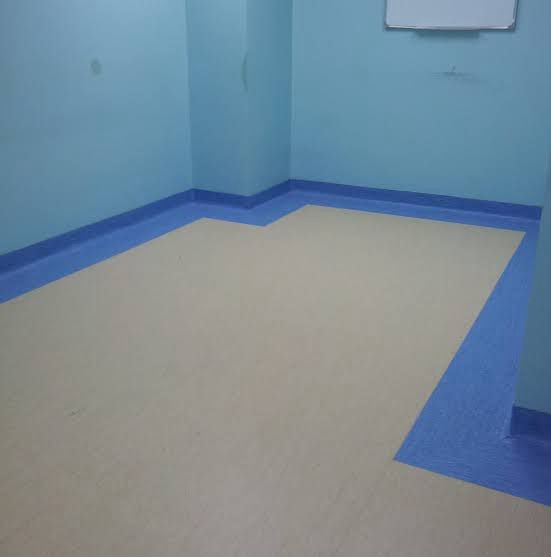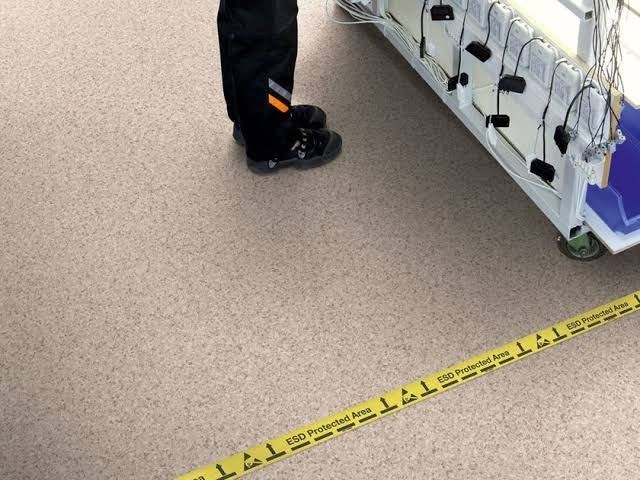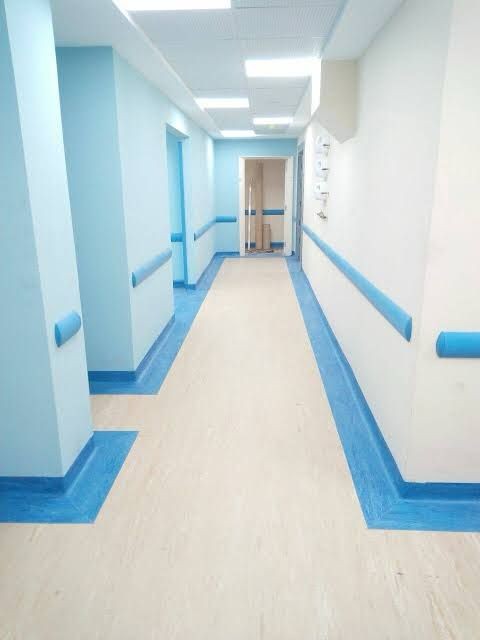Anti-Static Vinyl Flooring: A Comprehensive Guide
Anti-static vinyl flooring is specifically designed to dissipate static electricity, making it an ideal choice for environments where sensitive electronic equipment is present. This type of flooring prevents the buildup of static charges, which can damage delicate components and pose safety hazards.
Applications of Anti-Static Vinyl Flooring
- Laboratories and Sensitive Industries: Used in environments requiring precise control of electrostatic discharge, such as medical laboratories and electronic manufacturing facilities.
- Hospitals: Essential in hospitals to prevent the risk of electric shock to patients and medical equipment.
- Electronics Manufacturing: Used extensively in electronics manufacturing plants to protect sensitive electronic components from electrostatic damage.
- Data Centers: Employed in data centers to safeguard computer equipment from the harmful effects of static discharge.
- Aerospace Industries: Used in aircraft and spacecraft manufacturing facilities where electrostatic control is critical.
Benefits of Anti-Static Vinyl Flooring
- Static Control: Effectively prevents the buildup of static electricity, reducing the risk of electrostatic discharge.
- Durability: Resistant to wear and tear, ensuring long-lasting performance.
- Easy Maintenance: Non-porous surface is easy to clean and maintain.
- Aesthetics: Available in a wide range of colors and designs to suit various environments.
- Comfort: Reduces discomfort caused by static electricity.
- Environmental Friendliness: Many anti-static vinyl flooring options are eco-friendly and recyclable.
How Anti-Static Vinyl Flooring Works
Anti-static vinyl flooring contains conductive materials that safely dissipate static charges into the ground, preventing the buildup of electricity. This is achieved through a combination of conductive additives and a grounded grid system.
Choosing the Right Anti-Static Vinyl Flooring
When selecting anti-static vinyl flooring, consider the following factors:
- Conductivity: The specific conductivity level required for your application.
- Durability: The level of wear and tear the flooring will be subjected to.
- Aesthetics: The desired appearance and color.
- Cost: The budget available for the flooring.
In conclusion, anti-static vinyl flooring offers a practical and effective solution for controlling static electricity in various environments. Its durability, ease of maintenance, and wide range of design options make it a popular choice for industries that prioritize safety and performance.
Would you like to know more about:
- Specific types of anti-static vinyl flooring
- Installation methods
- Maintenance tips
- Comparison with other flooring options



